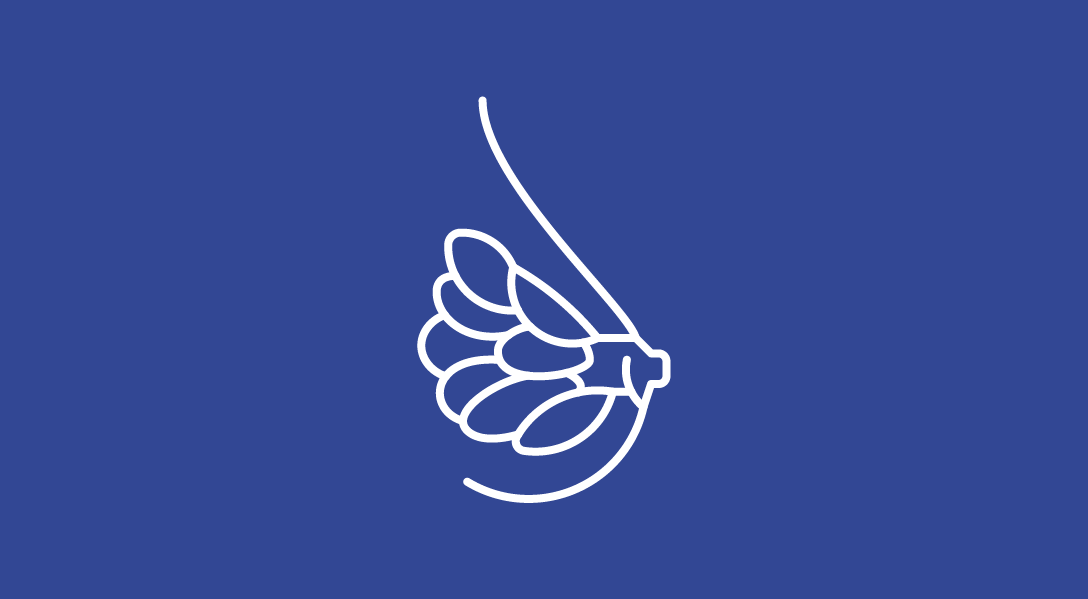FDA Approves New Drug Regimen for Acute Lymphoblastic Leukemia
The Food and Drug Administration approved calaspargase pegol-mknl (Asparlas) as a component of a chemotherapy regimen to treat adult and pediatric patients with acute lymphoblastic leukemia, according to the agency.
The Food and Drug Administration approved calaspargase pegol-mknl (Asparlas)—an asparagine specific enzyme–as a component of a chemotherapy regimen to treat adult and pediatric patients with acute lymphoblastic leukemia (ALL), according to the agency.
The approval allows a longer interval between doses compared to other pegaspargase products, and was based on a demonstration of the achievement and maintenance of nadir serum asparginase activity above 0.1 U/mL when using when using calaspargase pegol-mknl, 2500 U/m2 via IV every 3 weeks. The drug was evaluated when it was given in combination with a multiagent chemotherapy in 124 patients with B-cell lineage ALL.
The enzyme was initially investigated in the DFCI 11-001, an open-label, randomized, active-controlled, multicenter clinical trial. On the trial, there were 237 children and adolescents with newly diagnosed ALL or lymphoblastic lymphoma—118 were treated with 2,500 U/m2 of calaspargase pegol-mknl given every 3 weeks and 119 were treated with 2,500 U/m2 of pegaspargase given every 2 weeks.
On the calaspargase pegol-mknl arm, 98% of patients with B-cell lineage ALL went into complete remissions, compared to 99% on the pegaspargase arm.
The drug dosing was also studied on the AALL07P4 trial, which included patients with newly diagnosed, high-risk B-precursor ALL. Forty-three patients were given calaspargase pegol-mknl at 2,500 U/m2; 68 patients were given 2,11 U/m2; and 52 patients were given 2,500 U/m2 of pegaspargase as a component of an augmented Berlin-Frankfurt-Münster (BFM) therapy regimen. Median duration of exposure was 7 months.
The induction mortality of patients treated with calaspargase pegol-mknl was 2.8%, and there were no induction deaths in the 52 patients treated with pegaspargase.
Common severe (grade 3 or higher) adverse events that occurred in 10% or more of patients included elevated transaminase (a liver enzyme), increased bilirubin, pancreatitis, and abnormal clotting. The safety profile of the 3-week regimen was similar to the 2-week regimen.
The recommended calaspargase pegol-mknl dose is 2,500 units/m2 intravenously administered at a minimum dosing interval of every 21 days.
This article originally appeared on CURE® as "FDA Approves New Drug Regimen for Acute Lymphoblastic Leukemia."




